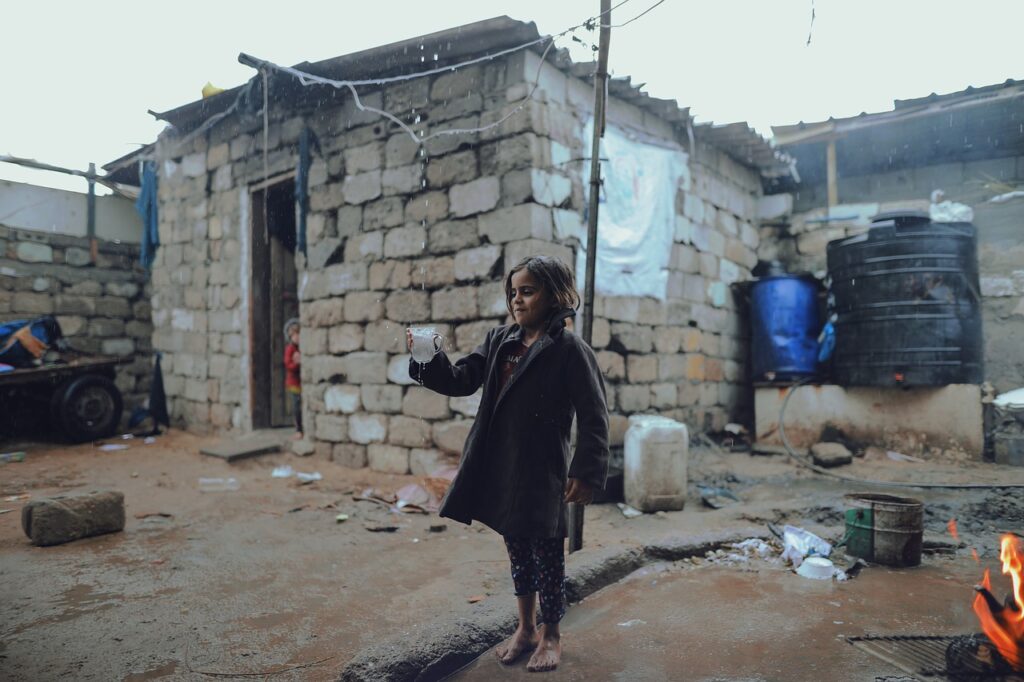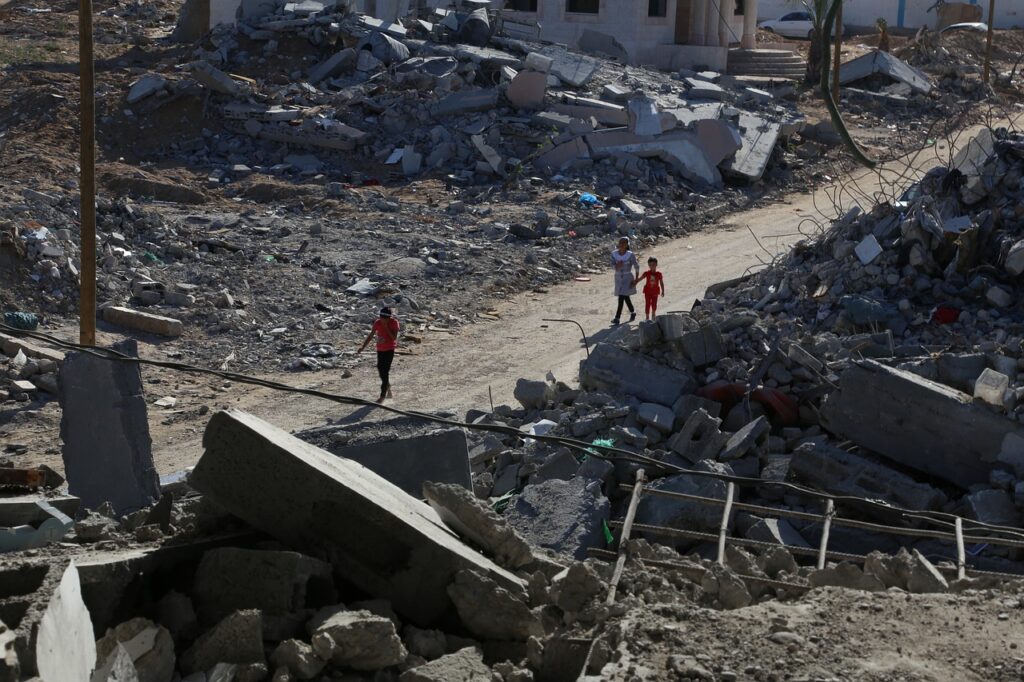Post
Published on November 6, 2023
Dahdaleh research fellow and Humanitarian Water Lab lead, Dr. Syed Imran Ali, was quoted in the Washington Post on the public health consequences of the collapse of water and sanitation systems in Gaza under Israeli bombardment and siege. The article entitled “Why Gaza has so little water” reports the daily struggles that Palestinians in the embattled territory face seeking the barest minimum of water for their families, and the public health consequences that follow from this essential service being cut off.
At the Humanitarian Water Lab at the Dahdaleh Institute, Dr. Ali leads research on water and public health in humanitarian crises, including the development of technologies to support humanitarian responders like the Safe Water Optimization Tool (SWOT), as well as teaching Humanitarian Engineering to engineering and humanitarian professionals and graduate students.
Themes | Global Health & Humanitarianism |
Status | Active |
Related Work |
Humanitarian Water Engineering | Education, Project, Research
Safe Water Optimization Tool | Project, Research |
Updates |
N/A
|
People |
You may also be interested in...
Recap – Earth Day Seminar Explores Self-Healing and Planetary Healing
On April 24, 2024, Dahdaleh senior fellow Dr. Harvey Skinner and community fellow Susan Harris dedicated a seminar in celebration of Earth Day. Susan initiated the gathering with a meditation session aimed at deepening participants' ...Read more about this Post
Recap — Strengthening One Health Governance for AMR Mitigation, with Arne Ruckert
On February 12, 2025, Arne Ruckert, Director of Research at the Global Strategy Lab’s Antimicrobial Resistance (AMR) Policy Accelerator, delved into the role of One Health (OH) governance in combating AMR. The seminar explored how ...Read more about this Post
Recap — Systems Approach to Address Resource Insecurity and Health Inequities, with Godfred Boateng
On October 23, Dahdaleh faculty fellow Professor Godfred Boateng examined how interconnected systems such as food, water, energy, and housing insecurity impact public health, particularly within vulnerable communities. Professor Boateng used the analogy of blind ...Read more about this Post


